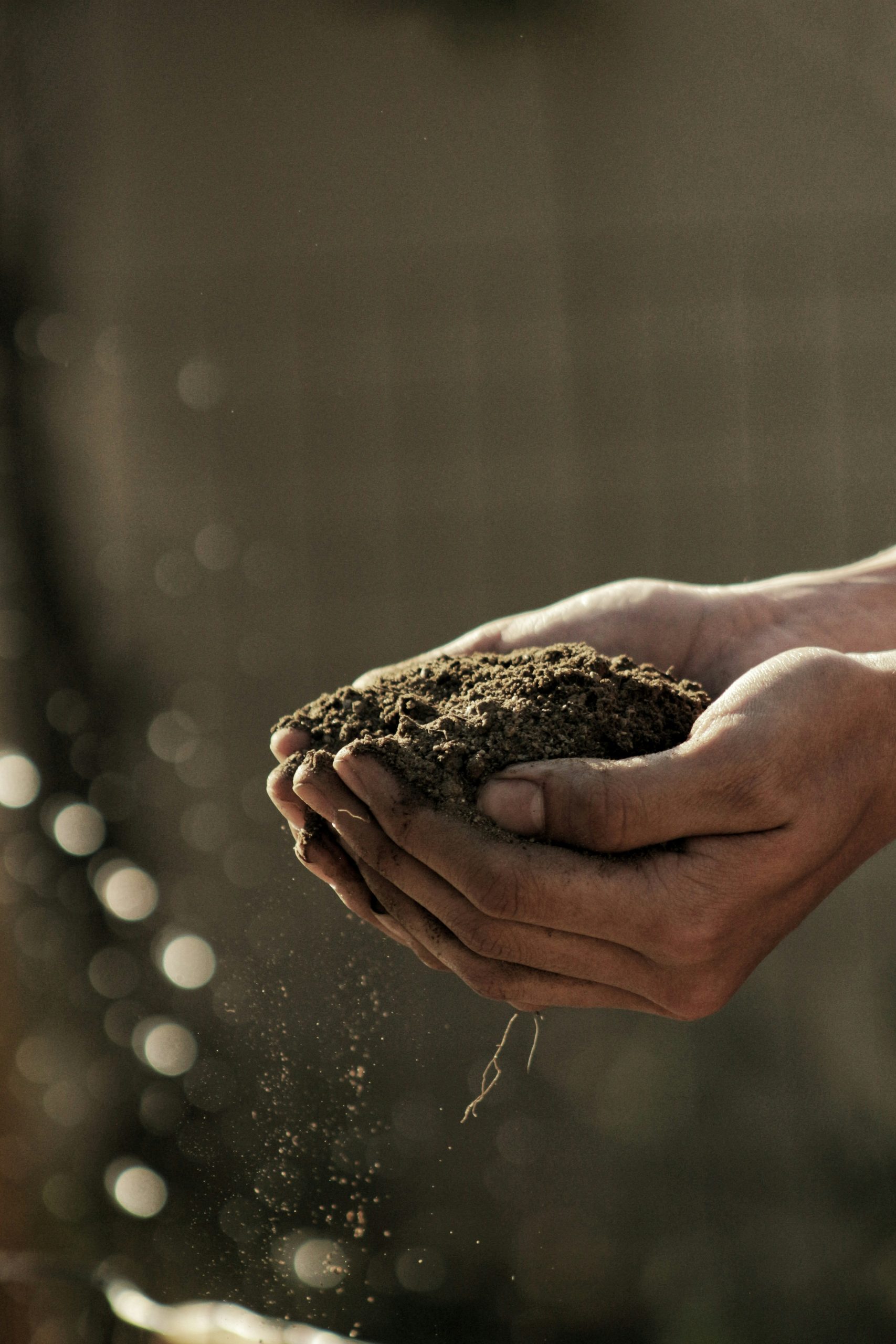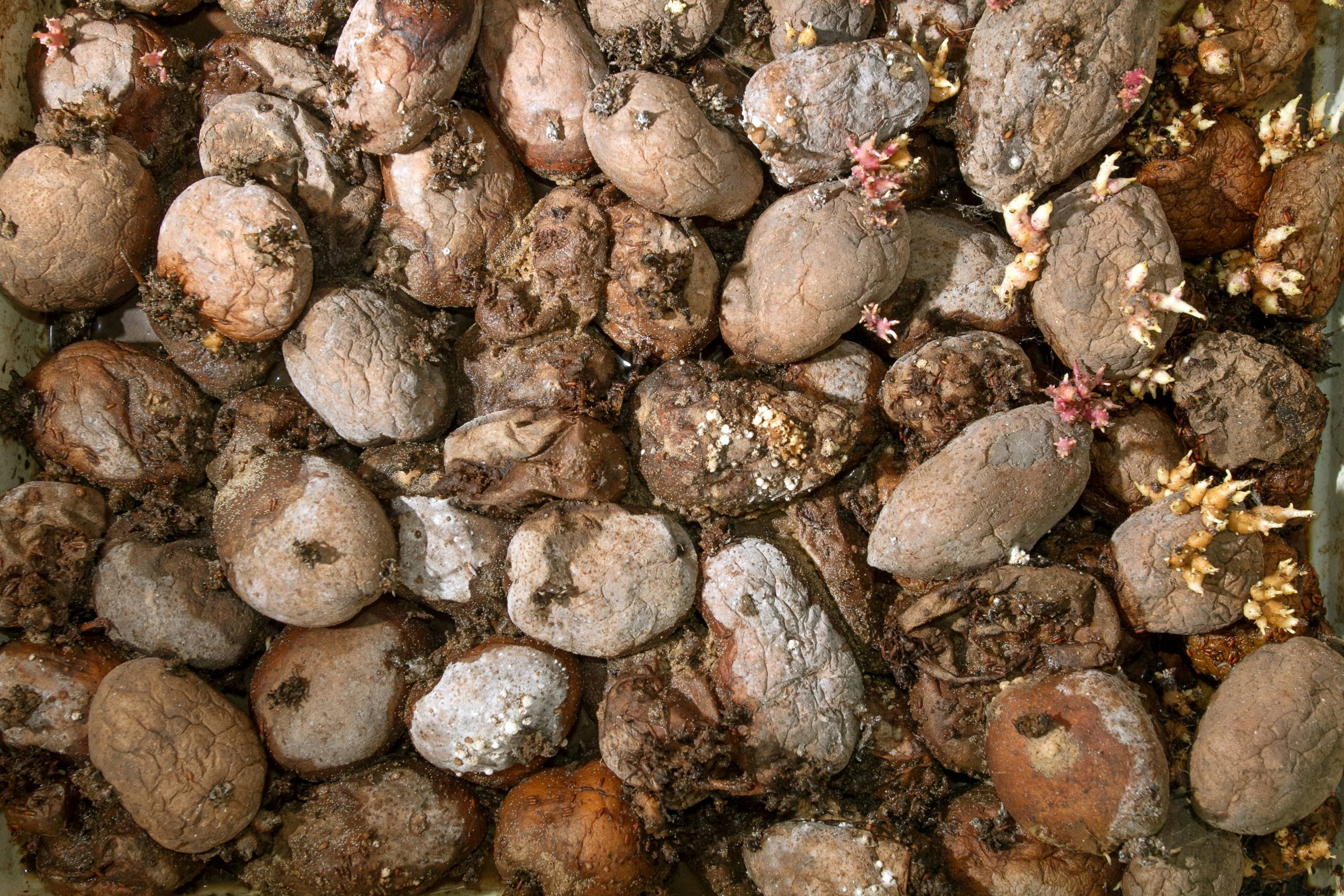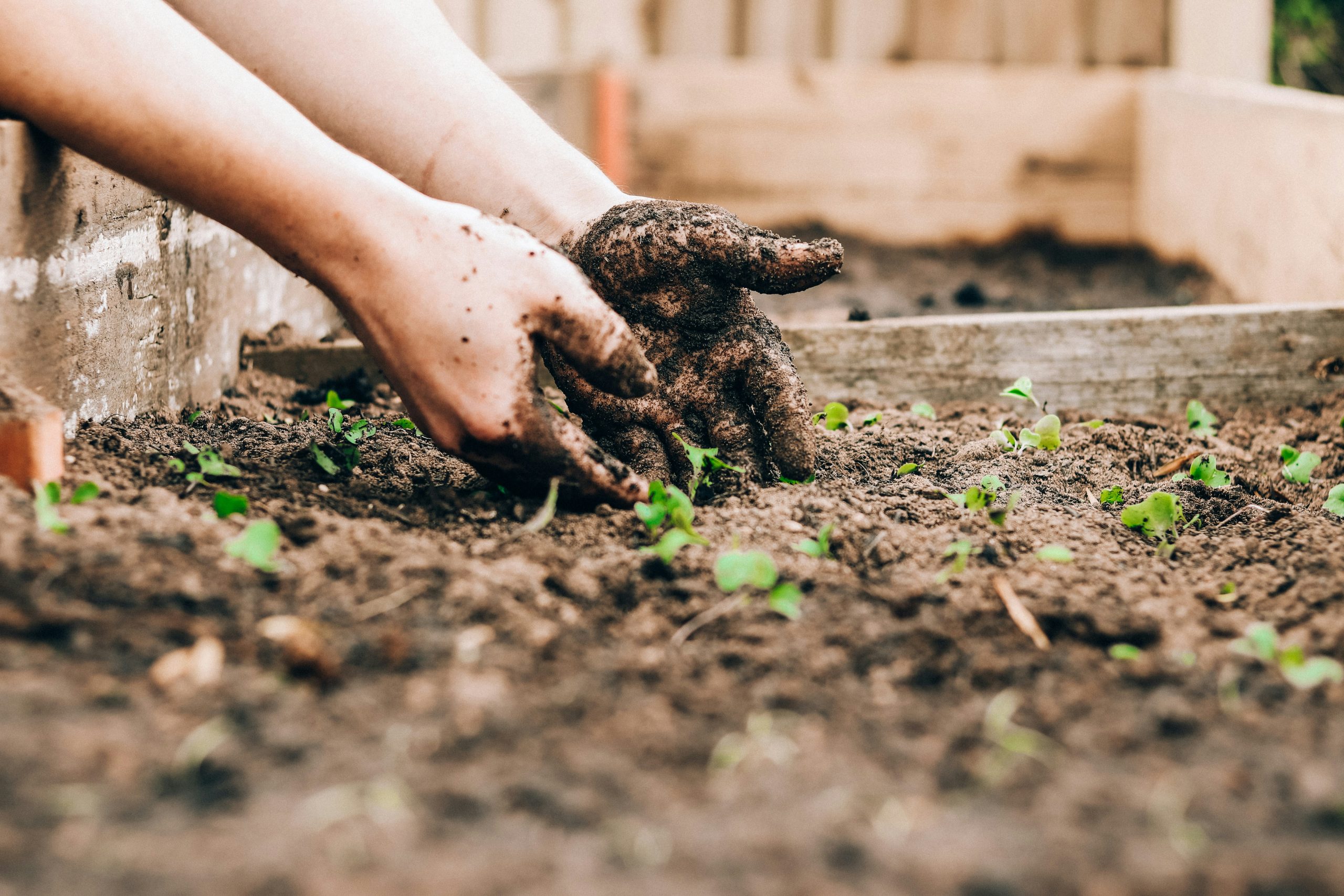Hey there, fellow eco-enthusiasts! In our latest piece, “Can I Compost Coffee Grounds?”, we’ll explore the surprisingly beneficial world of coffee grounds and their journey from our morning brew to our compost bins. Together, we’ll uncover the incredible ways that these little brown particles can enrich our soil, support plant health, and contribute to a more sustainable lifestyle. Let’s dive into the perks of incorporating coffee grounds into our compost routines and get the most out of our caffeine-fueled mornings! Have you ever looked at your morning coffee grounds and wondered, “Can I compost coffee grounds?” The good news is, yes, we can compost coffee grounds! Not only can we do it, but it’s actually highly beneficial for our composting efforts and our gardens. By understanding the ins and outs of composting coffee grounds, we’re not only reducing waste but also enriching the soil in our gardens. Let’s dive into the details so we’re all on the same page.

Why Compost Coffee Grounds?
Environmentally Friendly
When we compost coffee grounds, we’re playing a crucial role in waste reduction. Millions of coffee grounds end up in landfills every day. By composting, we divert this waste and help reduce landfill overuse and methane emissions.
Nutrient-rich Additive
Coffee grounds are packed with essential nutrients that are beneficial to our compost pile. They are particularly high in nitrogen, a key component that helps in breaking down organic materials.
Improved Soil Structure
The physical structure of coffee grounds helps in soil aeration and water retention. This means better conditions for the roots of our plants, allowing them to grow stronger and healthier.
How to Compost Coffee Grounds
Balancing Brown and Green Materials
In composting, we often talk about “brown” and “green” materials. Coffee grounds are considered “green” materials because of their high nitrogen content. It’s crucial to balance these with “brown” materials like dried leaves, paper, or straw to create a healthy compost mixture.
| Component | Includes | Carbon/Nitrogen Ratio |
|---|---|---|
| Green | Coffee grounds, fruit scraps, vegetable peels | High in nitrogen |
| Brown | Dried leaves, straw, paper | High in carbon |
Start Small
We should start with smaller amounts of coffee grounds in our compost pile and gradually increase. Too much coffee can overwhelm the compost and make it overly acidic.
Mixing it Properly
It’s a good idea to mix coffee grounds thoroughly with other compost materials. This prevents them from clumping together and ensures a more even breakdown.
Ideal Conditions
For a thriving compost, maintaining the right levels of moisture, air, and temperature is important. Coffee grounds can help retain moisture, but we should ensure our compost pile is not too wet.
Benefits of Coffee Grounds in Compost
Nitrogen Boost
Coffee grounds give our compost a significant nitrogen boost. Plants, especially leafy greens, love nitrogen. This element is vital for growth and chlorophyll production.
pH Levels
Contrary to what some believe, used coffee grounds are almost neutral in pH, making them suitable for most composts and gardens. Fresh coffee grounds are more acidic, so it’s best to use the used ones for composting.
Trace Elements
Coffee grounds contain trace minerals like magnesium, potassium, calcium, and others. These minerals slowly break down and enrich the soil, supporting plant health.
Potential Downsides
Over-Acidity
While used coffee grounds are generally neutral, adding them excessively can alter the pH balance of our compost. It’s essential to monitor the pH levels and ensure they stay within a healthy range.
Compaction
Coffee grounds are small and dense, which means they can compact and reduce aeration if not mixed properly. Mixing thoroughly with other materials can mitigate this issue.

Alternative Uses for Coffee Grounds
Direct Use in Gardens
We can sprinkle coffee grounds directly into our garden’s soil or use them as mulch around plants like blueberries and azaleas, which prefer more acidic conditions.
Pest Deterrent
Certain pests, including slugs and snails, dislike coffee grounds. Sprinkling them around our plants may help keep these pests at bay.
Indoor Use
Used coffee grounds can also be spread on topsoil of houseplants to improve soil quality and ward off pests.
Step-by-Step Guide to Composting Coffee Grounds
Gather Materials
Before starting, we need to gather the materials: used coffee grounds, brown compost materials, and a compost bin or pile.
Layering
We should alternate layers of green and brown materials. Including about 10-20% coffee grounds is optimal for maintaining balance.
Maintenance
Turn the compost regularly to maintain good aeration. This helps in faster decomposition and prevents any foul odor.
Monitoring
We should regularly check the moisture and pH levels. The compost should be damp but not soggy.
Harvesting
Typically, compost takes a few months to mature. Once it turns into rich, dark humus and smells earthy, it’s ready to use in our gardens.

Frequently Asked Questions
How Much Coffee Grounds is Too Much?
While coffee grounds are beneficial, they should make up about 10-20% of our compost pile. Too much can lead to an imbalance in the compost.
Can I Compost Coffee Filters?
Yes, as long as they are unbleached and made of natural fibers, coffee filters can be composted along with the grounds.
Are All Coffee Grounds the Same?
Grounds from different coffee beans may vary slightly in their nutritional properties, but generally, any used coffee grounds are suitable for composting.
Conclusion
So, can we compost coffee grounds? Absolutely! Not only is it possible, but it also offers multiple benefits that can enhance the quality of our compost and garden soil. By being mindful of the balance between green and brown materials, and monitoring the conditions of our compost pile, we can make the most out of our used coffee grounds. It’s a simple, effective way to contribute to a more sustainable lifestyle while also boosting our gardening efforts.
Together, let’s turn our coffee habit into a green one by composting those used grounds!



